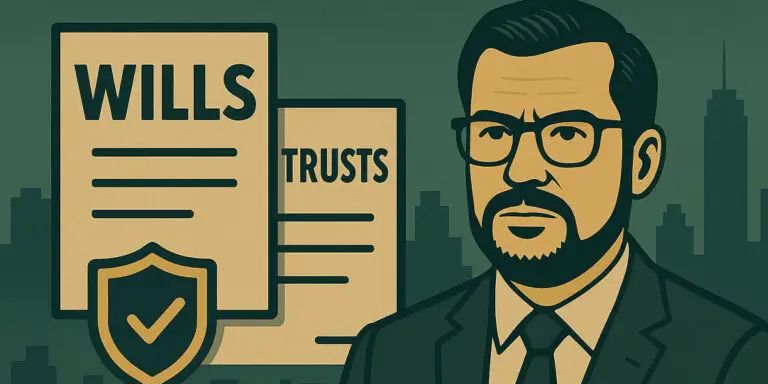
Attorney for Wills and Trusts in White Plains, New York
Finding an Experienced Attorney for Wills and Trusts in White Plains, New York: Protecting Your Assets and Providing for Your Loved Ones Planning for the


Home » Estate Planning » Probate » Page 3

Finding an Experienced Attorney for Wills and Trusts in White Plains, New York: Protecting Your Assets and Providing for Your Loved Ones Planning for the
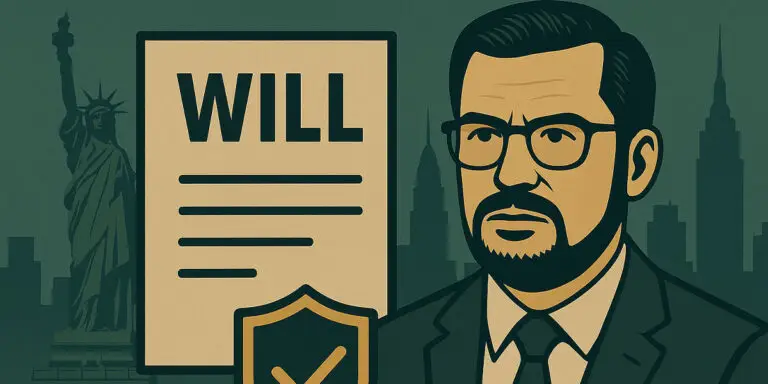
Finding an Experienced Attorney for Wills in Staten Island, New York: Securing Your Future and Protecting Your Loved Ones Creating a will is one of

Estate Planning Strategies Inspired by Jeff Bezos Jeff Bezos’ Estate Planning Vision Jeff Bezos, the billionaire founder of Amazon, has expressed his intent to donate
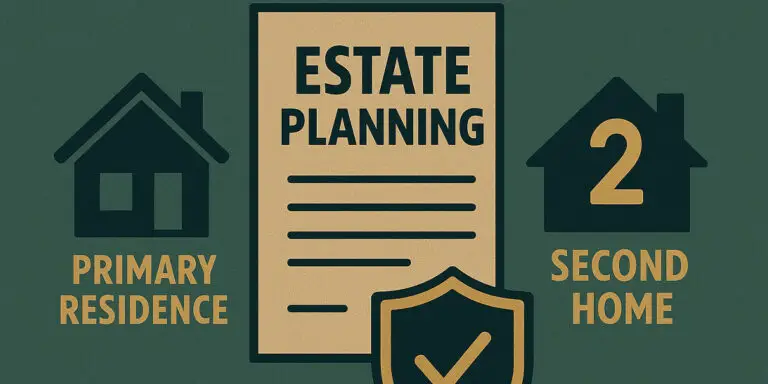
Estate Planning for New York Residents with Significant Out-of-State Real Estate Holdings: Protecting Your Assets and Simplifying Estate Administration Across State Lines Many New York
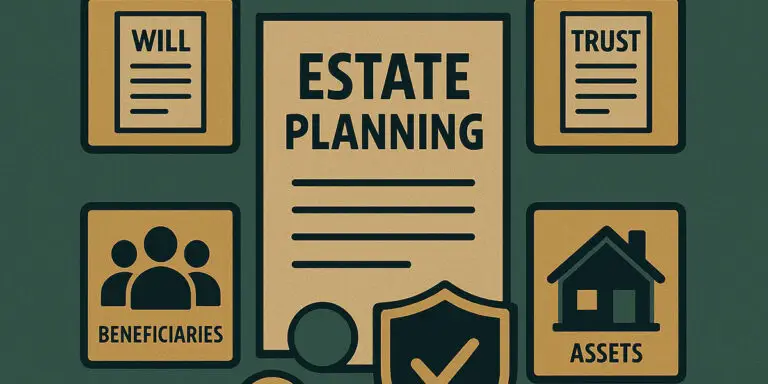
Essential Elements to Consider in Estate Planning for 2025 in New York: A Comprehensive Guide Estate planning is an essential process that ensures the orderly

Negotiating and Drafting Buy-Sell Agreements in New York Business Succession Plans: Ensuring a Smooth Transition and Protecting Your Company’s Future For business owners in New
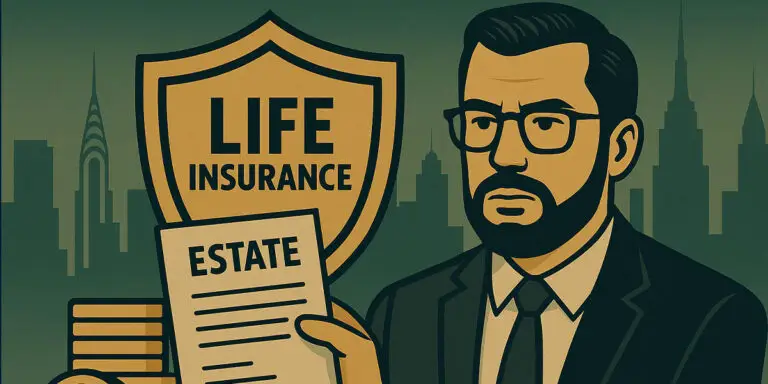
NY Life Insurance & Your Estate Plan Life insurance is far more than a simple financial product; it is a cornerstone of sophisticated estate planning
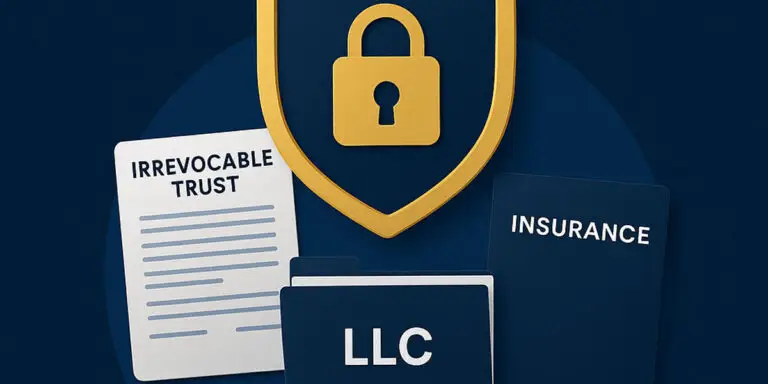
Estate Planning to Protect Assets From Lawsuits in New York: A Comprehensive Guide In today’s highly litigious environment, protecting your hard-earned assets from potential lawsuits
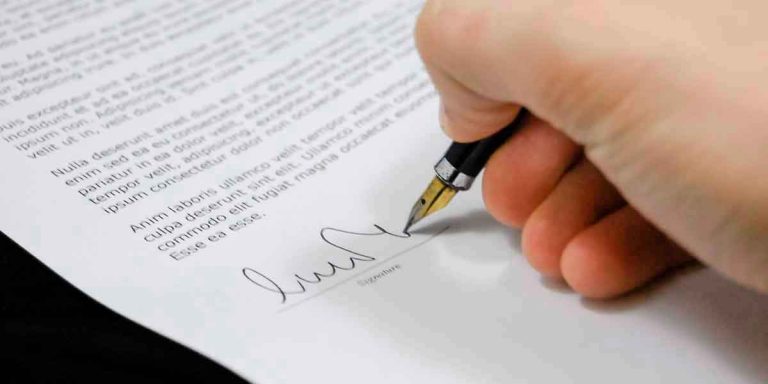
The Crucial Role of the Executor During Probate in New York: A Comprehensive Guide When a loved one passes away in New York, the responsibility

Estate Planning for New York Residents with Significant Out-of-State Real Estate Holdings: A Comprehensive Guide Many New York residents have expanded their holdings beyond the
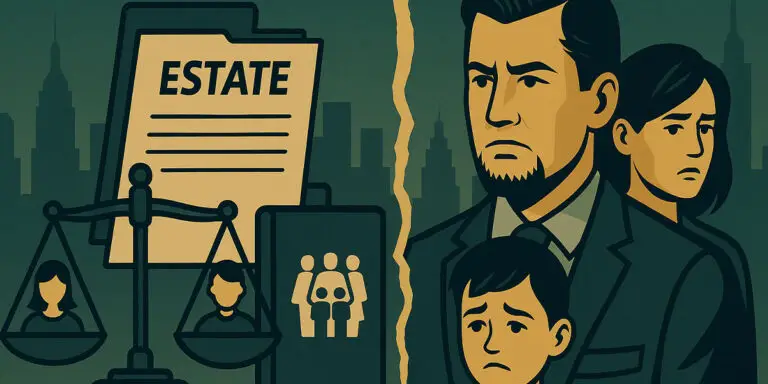
Estate Planning for Divorced Individuals with Children in New York: Balancing Obligations and Securing Their Future Navigating the complexities of estate planning can be challenging

Estate Planning White Plains, New York: Protecting Your Family and Securing Your Future Planning for the future can feel overwhelming, especially when it involves complex
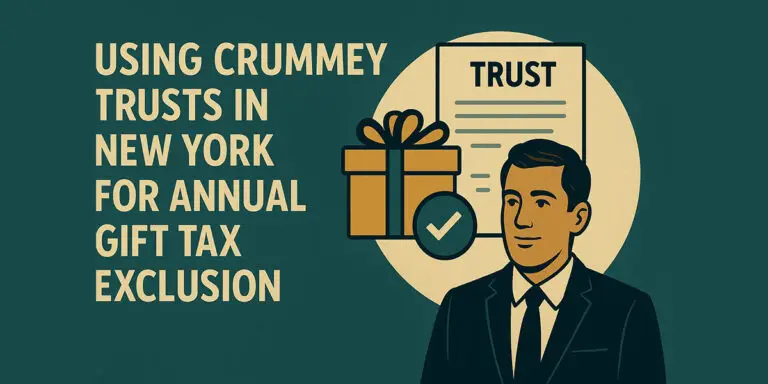
Using Crummey Trusts in New York for Annual Gift Tax Exclusion: A Powerful Estate Planning Strategy Estate planning goes beyond simply distributing assets after death—it’s

Structuring Life Insurance for Maximum Estate Planning Benefits in New York Life insurance is often viewed as a financial safety net for your loved ones.

The Benefits and Drawbacks of Using a Corporate Trustee in New York When establishing a trust in New York, one of the most important decisions
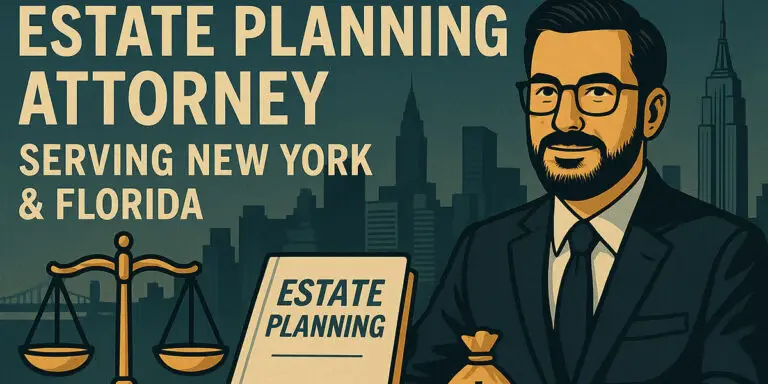
Seeking an Estate Planning Attorney Serving New York & Florida: Protecting Your Assets Across State Lines For individuals who split their time between New York

Estate Planning for High-Net-Worth Individuals in New York: Minimizing Estate Taxes and Maximizing Wealth Transfer for a Lasting Legacy For high-net-worth individuals in New York,

How to Start a Real Estate Business in New York: A Comprehensive Guide to Legal, Financial, and Operational Considerations Starting a real estate business in
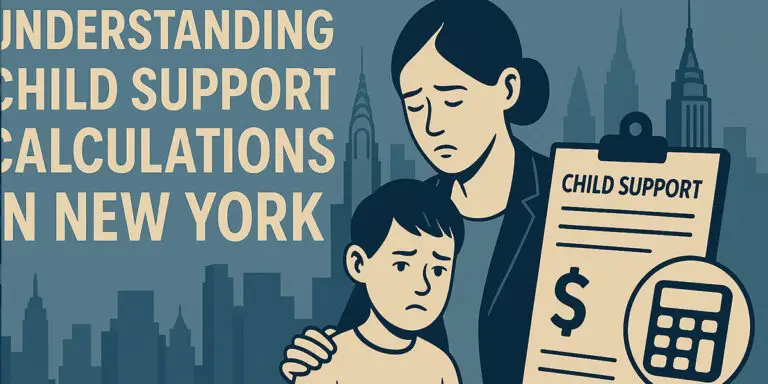
Understanding Child Support Calculations in New York: Navigating the Guidelines and Ensuring Your Child’s Well-being Determining child support obligations can be a complex and often

Business Succession Planning in New York: Ensuring a Smooth Transition and Protecting Your Legacy For business owners in New York, their company represents more than
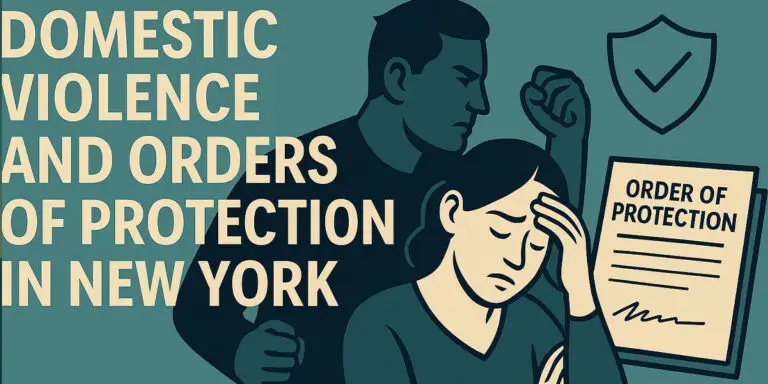
Understanding Domestic Violence and Orders of Protection in New York: Protecting Yourself and Your Family Domestic violence is a serious issue that affects individuals and

Is There a Time Limit to Settle an Estate in NY? Understanding the Estate Administration Timeline When a loved one passes away, settling their estate
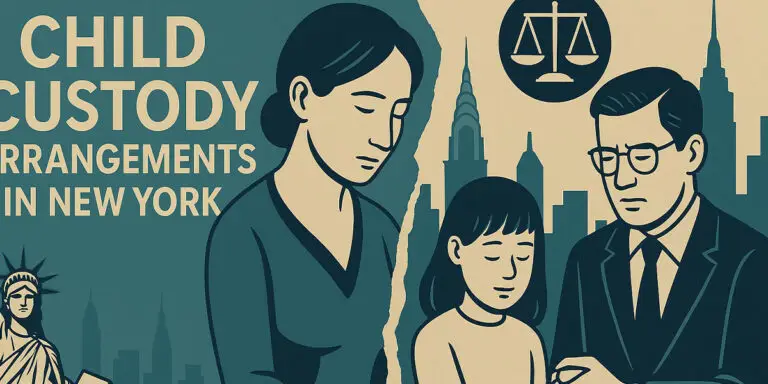
Child Custody Arrangements in New York: Understanding Types, Laws, and Considerations for Your Family Determining child custody arrangements is one of the most challenging and

Offshore Trusts and Asset Protection in New York: Proceed with Caution and Ensure Legal Compliance For New York residents seeking robust asset protection strategies, offshore
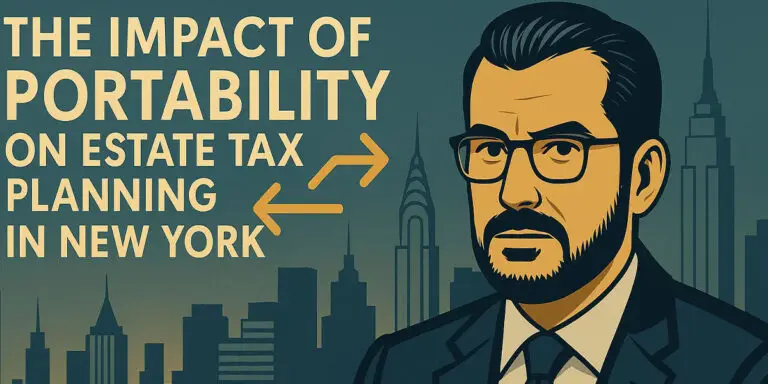
The Impact of Portability on Estate Tax Planning in New York: Maximizing the Deceased Spousal Unused Exclusion (DSUE) and Protecting Your Family’s Wealth Estate tax
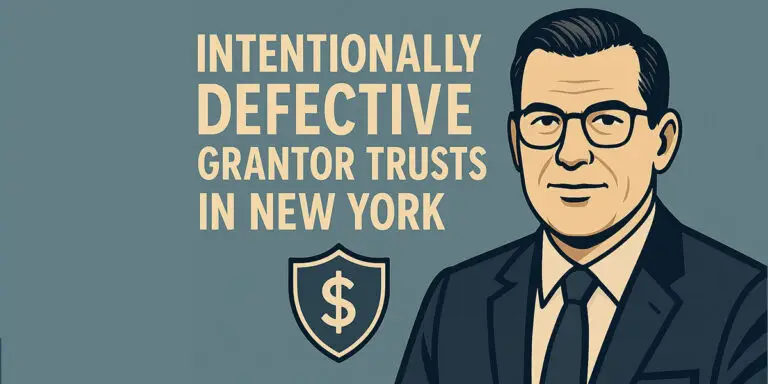
Grantor Retained Annuity Trusts (GRATs) in New York: A Tax-Efficient Strategy for Wealth Transfer and Estate Planning Minimizing estate taxes is a constant priority for
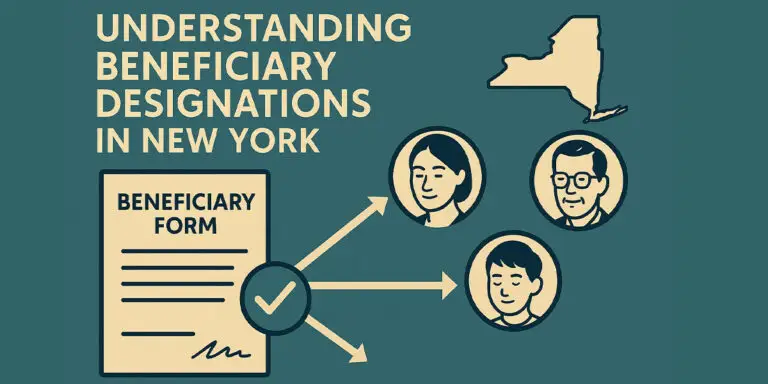
Understanding Beneficiary Designations in New York: Avoiding Common Mistakes That Can Derail Your Estate Plan While a will or trust is a cornerstone of any
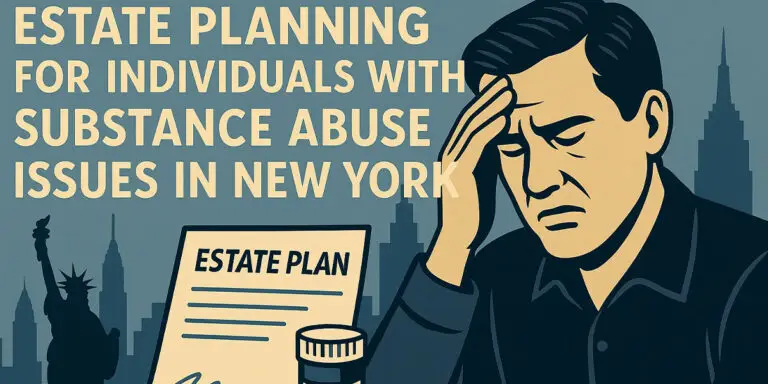
Estate Planning for Individuals with Substance Abuse Issues in New York: Protecting Beneficiaries and Ensuring Responsible Asset Management Estate planning becomes particularly sensitive and complex

Using Captive Insurance Companies in New York for Estate Planning: A Strategic Approach to Risk Management, Control, and Wealth Transfer For business owners in New
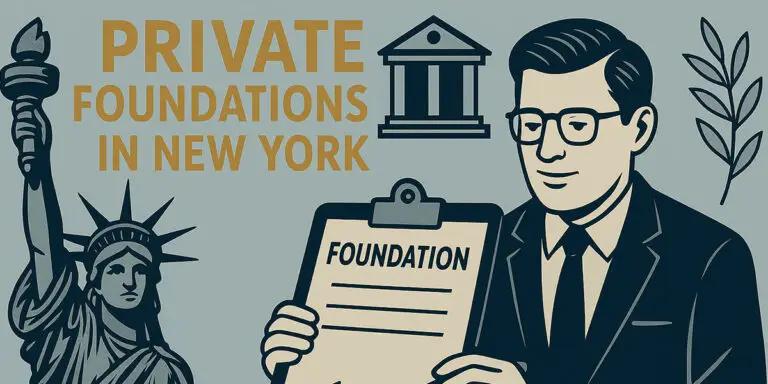
Charitable Remainder Trusts (CRTs) in New York: Blending Philanthropy and Estate Planning for a Lasting Impact Many individuals in New York are passionate about supporting
Ⓒ 2025 - All Rights Are Reserved | Privacy Policy | Estate Planning Attorney NYC